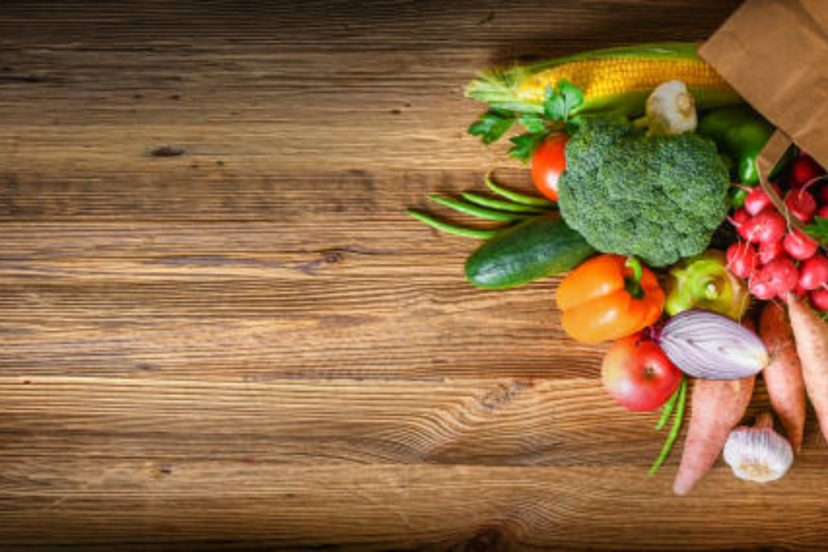Embracing Zero-Waste Kitchen
A Guide to Sustainable Cooking Practices
As an avid advocate for sustainable living, I find immense joy in exploring and Embracing zero-waste kitchen practices. It’s a journey that not only aligns with my values but also brings about a profound positive impact on our environment. However, like any significant change in lifestyle, it’s essential to understand the potential risks and challenges that come with adopting sustainable cooking practices. In this article, I’ll delve into the world of zero-waste kitchens and shed light on both its rewards and potential pitfalls.
Understanding the Concept of Zero-Waste Kitchen
A zero-waste kitchen is more than just a trend; it’s a commitment to minimizing waste throughout the entire culinary process. From grocery shopping to meal preparation and waste disposal, every step is carefully considered to reduce environmental impact. It’s about repurposing food scraps, minimizing packaging waste, and making conscious choices that benefit both our health and the planet.
The Learning Curve: Navigating Challenges
Transitioning into a zero-waste kitchen comes with a learning curve. It requires a shift in mindset and habits. Initially, it may feel overwhelming to rethink our approach to cooking, meal planning, and grocery shopping. Learning to utilize every part of a vegetable, for example, or mastering the art of composting, takes time and patience.
Balancing Time and Efficiency
One of the potential risks of sustainable cooking practices is the investment of time. It’s true that activities like making homemade broths, milling flour, or preparing fermented foods can be time-intensive. However, it’s crucial to view these tasks as valuable contributions to our health and the environment. With practice, they become integrated into our routines, ultimately enhancing the overall efficiency of our kitchen.
Navigating Seasonality and Local Produce
Embracing a zero-waste kitchen often means prioritizing seasonal and local produce. While this approach supports local farmers and reduces the carbon footprint associated with transportation, it also requires us to let go of the convenience of year-round availability. Adjusting to the ebb and flow of seasonal ingredients may pose a challenge, but it fosters a deeper connection with the natural world.
Addressing Packaging Predicaments
Reducing waste in the kitchen involves scrutinizing product packaging. It means seeking out bulk stores, investing in reusable containers, and choosing products with minimal or eco-friendly packaging. While this approach is rewarding in terms of waste reduction, it may require extra effort and planning, especially in areas where bulk shopping options are limited.
Overcoming Potential Setbacks
There may be moments of setbacks or frustration along the way. Perhaps a recipe doesn’t turn out as expected, or finding package-free alternatives proves challenging. It’s important to remember that every small effort contributes to a larger, positive impact. Patience and persistence are key in navigating these potential roadblocks.
Celebrating the Rewards of a Zero-Waste Kitchen
Despite the potential challenges, the benefits of a zero-waste kitchen are abundant. Not only does it significantly reduce landfill waste, but it also promotes mindful consumption and supports local, sustainable agriculture. The flavors of whole, unprocessed foods are unparalleled, and the knowledge that we’re contributing to a healthier planet is immensely gratifying.
Conclusion: A Fulfilling Journey Towards Sustainability
In my role as an enthusiast advisor on zero-waste kitchen practices, I’ve come to appreciate both the challenges and the triumphs of this lifestyle. It’s a fulfilling journey that extends beyond the boundaries of our kitchen, creating a positive ripple effect in our communities and the world at large. By embracing sustainable cooking practices, we take a step towards a more mindful, healthful, and environmentally-conscious way of living. Together, let’s continue on this path, making a difference one meal at a time.


Comments are closed.